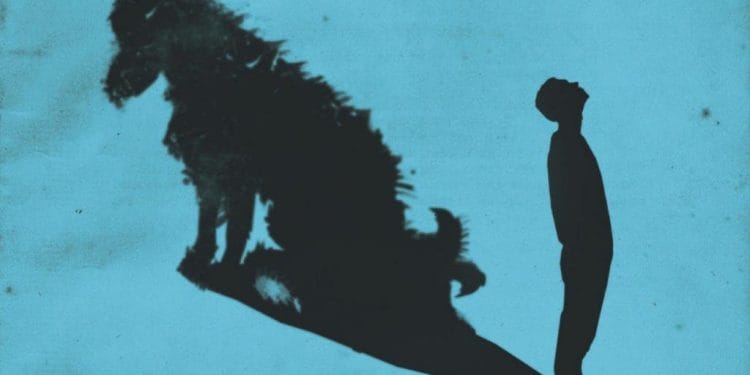 In The Shadow Of The Black Dog is a one-man show written and performed by Daniel Hallissey based on true events about his experience with mental illness, losing a loved one to it and the ridiculous stigma that surrounds conversations about male mental health. The show is a fast-paced recounting of the events that brought Hallissey to this point in his life, journeying through hypochondriacal visits to the doctor’s office, high-speed pursuits from motorcycle-riding thugs, romantic first encounters and touching moments of male vulnerability and honesty.
In The Shadow Of The Black Dog is a one-man show written and performed by Daniel Hallissey based on true events about his experience with mental illness, losing a loved one to it and the ridiculous stigma that surrounds conversations about male mental health. The show is a fast-paced recounting of the events that brought Hallissey to this point in his life, journeying through hypochondriacal visits to the doctor’s office, high-speed pursuits from motorcycle-riding thugs, romantic first encounters and touching moments of male vulnerability and honesty.
The script for this piece is well written and, for the most part, thematically consistent, creating several storylines throughout but making sure that they are resolved and given the same amount of time and focus as the others, while still effectively portraying the character as having a chaotic life and a generally messy mind. The direction is also to credit for the slickness of the piece. Conor Neaves and Laura Singleton’s simplistic yet profound approach to physically portraying such challenging instances serves it well.
Unfortunately, the inconsistencies in both the writing and Hallissey’s performance are what lets the piece down. My main gripe with the script is the casual misogyny that is sprinkled throughout. While these segments could be justified by addressing the fact that these are toxic things to say and dangerous opinions to have, instead they are used as throwaway jokes to get a few cheap laughs, or at least that’s how it seems. What’s more is that these lines probably could have been overlooked if the piece didn’t have a segment on the sensation of ‘cancel culture’ and how sometimes men can be innocent in these situations. If you want to comment on such weighty things, there needs to be zero hypocrisy in the script and perhaps it does show the humanity of the character, but not in a good way.
Hallissey’s performance shows skill and sensitivity for the vast majority of the piece. His monologue about mortality is easily the highlight of the piece and a movingly real demonstration of the pain that mental illness can wield and how it can be worsened by stigmatisation. At times, the demandingness of the piece can expose the performer’s exhaustion, but his determination and energy is maintained throughout.
In The Shadow of The Black Dog is an intimate, challenging piece that is not afraid to ask the questions that are often quick to be avoided. It’s an entertaining and at times moving monologue, however fails to present any new or engaging ideas on the subject. However, with a little TLC, I believe that Hallissey’s piece could make some significant waves for people that need them most.

















